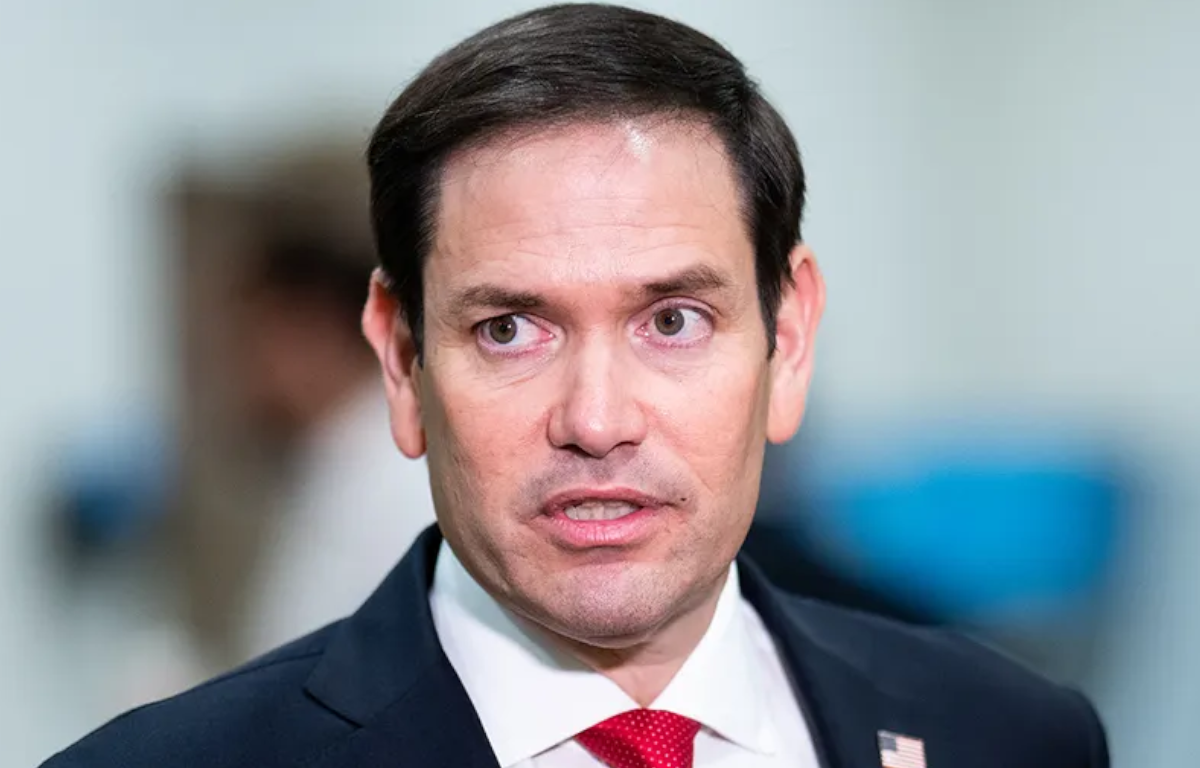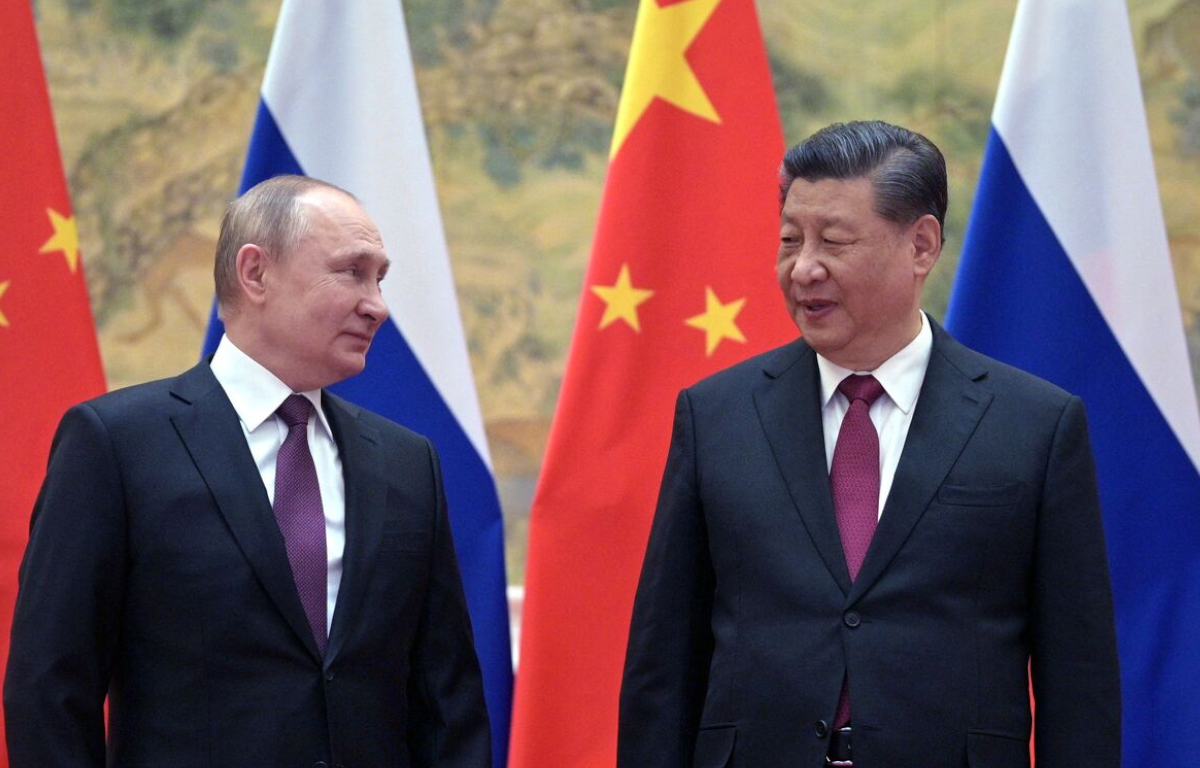
This development underscores the complex dynamics of global trade and the strategic interests at play in maritime infrastructure.
China’s growing presence at key US ports has raised alarm bells among policymakers, with concerns ranging from potential security risks to economic leverage. The administration’s warning to Congress highlights the need for heightened vigilance and strategic planning to safeguard national interests.
The strategic importance of ports cannot be overstated, as they serve as vital gateways for international trade and commerce. China’s investments and partnerships in US ports have raised questions about the extent of influence it may wield over critical infrastructure and supply chains.
At the heart of these concerns is the delicate balance between economic cooperation and national security. While international trade is essential for economic prosperity, ensuring that critical infrastructure remains under secure and reliable control is paramount for national sovereignty.
The Biden administration’s communication to Congress signals a proactive approach to addressing potential vulnerabilities and strengthening the resilience of US ports. This includes assessing the implications of foreign investments, enhancing cybersecurity measures, and fostering greater transparency in port operations.
Moreover, the issue of China’s presence at US ports is part of a broader geopolitical landscape characterized by competition and cooperation. Balancing economic engagement with strategic interests requires a nuanced approach that prioritizes national security without stifling legitimate trade and investment.
Efforts to mitigate risks associated with foreign involvement in critical infrastructure extend beyond ports to include telecommunications, energy, and transportation sectors. Collaborative efforts between government agencies, private stakeholders, and international partners are essential to navigate these complex challenges effectively.










Share this: